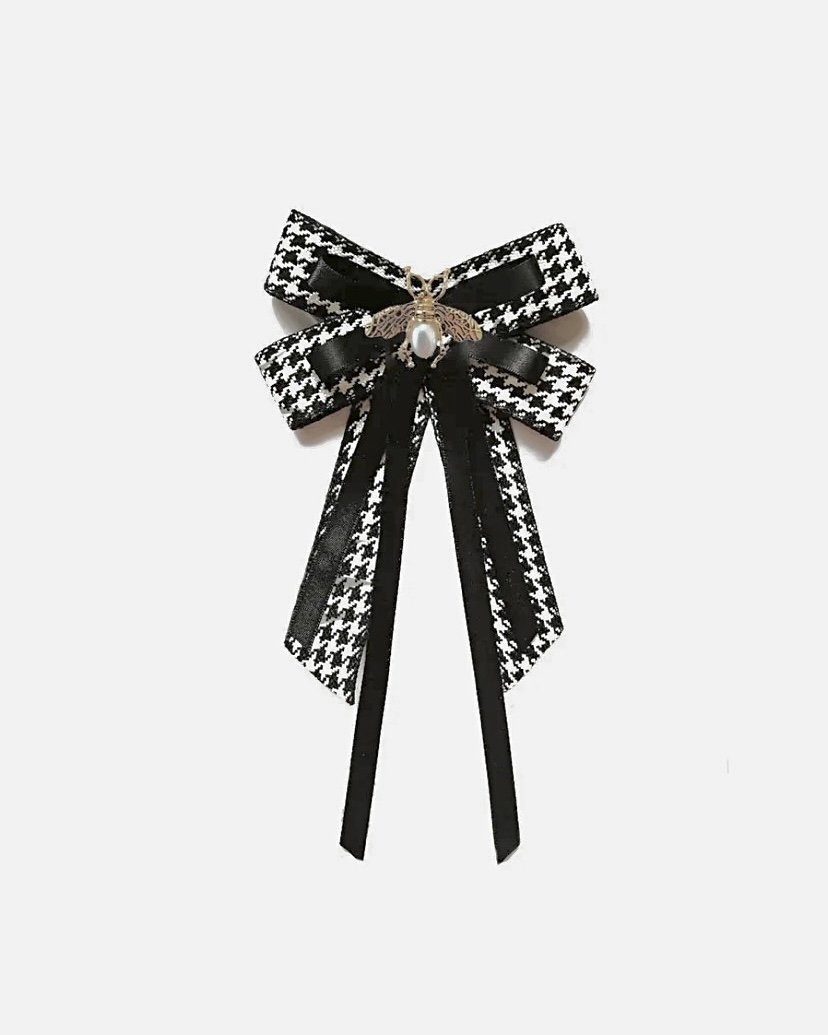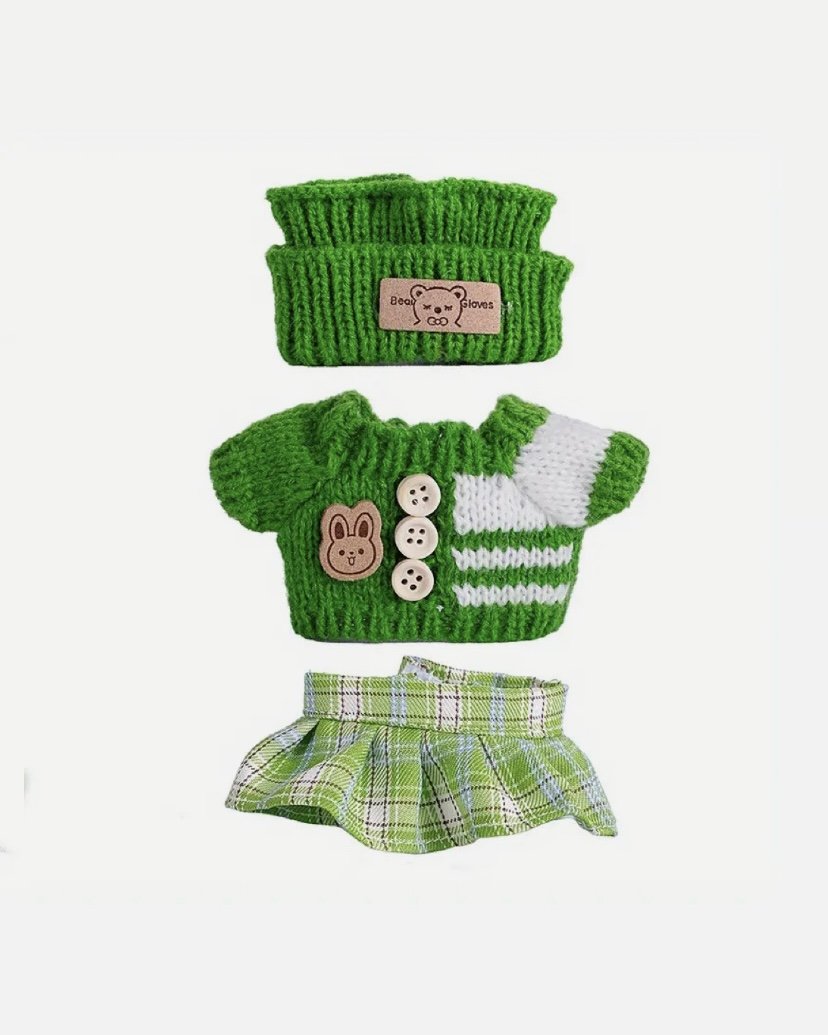The Art of Discernment: Where to Find Emotionally Healthy People—and How to Spot Them
@tinakunakey
In the world we live in today, emotional health is not the norm. It is not common. It’s as rare as integrity.
If you’ve ever wondered why your relationships don’t feel right—why something always seems to turn, twist, or break without clear reason—it’s not because you’re “too sensitive.” It’s because you’re picking up on something real.
Toxicity has become the new familiar. Emotional chaos is what many people call connection.
Here’s what most don’t want to say
The majority of people walking around today are not emotionally well.
Not because they’re evil. Not because they’re hopeless — (even tho we can debate some are by nature). But because they haven’t done the work. Because emotional work is brutal. And many avoid it their entire lives, hoping to make others bend to their emotional shortcomings.
Becoming emotionally healthy requires you to:
Confront your core wounds.
Dismantle everything that once protected you.
Undo patterns you’ve normalized since childhood.
Resist the comfort of control, power games, projection, and emotional manipulation.
Take radical responsibility for the pain you’ve caused others.
Sit with shame without running from it.
That’s not “self-care.” That’s mental, emotional, physical and spiritual detox.
And most people are not ready for it. Some are not even built to survive it without collapse.
They want connection, but not accountability.
They want intimacy, but not the dismantling of ego.
They want you to trust them—but they don’t even trust themselves.
So yes, emotional health is rare. You are not crazy for struggling to find it.
You’re living in a world where dysfunction is dressed up and filtered. You’re trying to navigate a world polluted with untreated trauma, unresolved grief, emotional manipulation masked as charm, and people who confuse control with love.
That’s a systemic reality. But now that you know it, you can stop expecting emotionally broken people to offer emotionally nourishing relationships. And you can begin to sharpen the only tool that matters now: discernment.
What Emotional Health Is Not
Before you can recognize what’s healthy, you need to be able to spot what’s not — especially when it looks deceptively safe. Unhealthy people don’t always show up in chaos. Sometimes they’re calm. Polished. Successful. They appear “high functioning.” But they carry patterns that corrode your clarity slowly, almost invisibly.
Here’s how those patterns look, day to day:
Deflection. You express hurt, and somehow, they pivot. Suddenly, it’s about your tone or timing.
Blame-shifting. They never touch the wound they caused. It’s always about how you provoked it.
Emotional withdrawal. You state a need, and they disappear — not physically, but emotionally.
Guilt-tripping. You say no, and now you’re the problem. The coldness. The distance. The silence? All punishment.
Passive aggression. The sarcasm. The “jokes” that land like jabs. The delayed responses designed to confuse.
Rewriting history. They deny what they said. Or they minimize it. Twist it. Call you dramatic.
Micro-control. They dress it up as logic, but their real aim is power — over your mind, your emotions, your choices.
Manufactured confusion. You walk in clear. You walk out doubting everything. That’s not miscommunication. That’s strategy.
What Emotional Health Actually Looks Like
Emotionally healthy people don’t perform it. They embody it. Their safety isn’t loud — it’s consistent. You’ll feel it in the small things:
They listen to understand, not to reload.
They stay present — not just physically, but emotionally.
When conflict arises, they don’t retreat or attack. They take accountability.
Your boundaries aren’t met with punishment — they’re respected, even if inconvenient.
They’re not addicted to being right. They’re devoted to being real.
When they hurt you, they don’t argue with your experience. They say: “I hear you. That was on me. I’m sorry.”
That’s what makes them rare. Not perfection. But presence. Real presence.
Why You Don’t Find These People Everywhere
Because emotionally healthy people have done the work. And doing the work means discomfort, ego death, and deep accountability. Most people would rather cling to familiar dysfunction than step into the unknown of actual growth.
And so the emotionally available become unicorns in a world of projections, performances, and pain avoidance. It’s not that you’re asking for too much. It’s that you’re asking in a place where very few people are equipped to give.
Where They Tend to Be
Emotionally grounded people don’t chase dopamine. They seek depth. And they choose environments that reflect that.
Bookstores. Libraries. Quiet cafés.
People who spend time here are comfortable with their own mind. They’re less about performance, more about depth.Wine bars. Jazz lounges. Intimate restaurants.
These are spaces where people go to talk, to connect, to be present. Not to impress.Nature trails. Yoga studios. Swimming pools. Rock climbing gyms.
Regulation matters to them. Silence isn’t scary. Solitude isn’t punishment.Workshops. Community centers. Public talks.
These are the curious. The open. The ones who believe they don’t know everything — and want to grow.
These aren’t guarantees. But they are signals. Because energy gravitates toward energy. And emotionally mature people don’t waste theirs.
How to Spot Them
They speak with intention. No dominance. No monologues. Just clarity. And attentive listening.
They respect your time. They show up. They follow through. Their words match their actions.
They don’t perform goodness.
Final truth: discernment is self-protection. Emotional health is not a trend. It’s a commitment. And when you finally know how to see it, everything changes.






